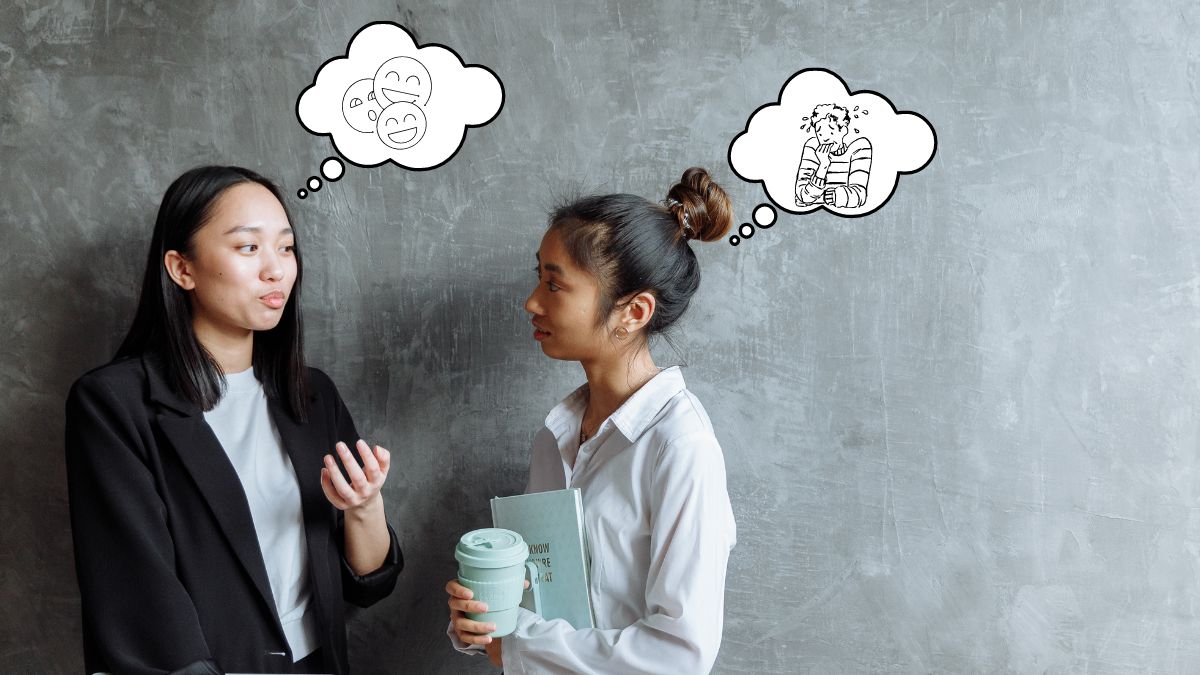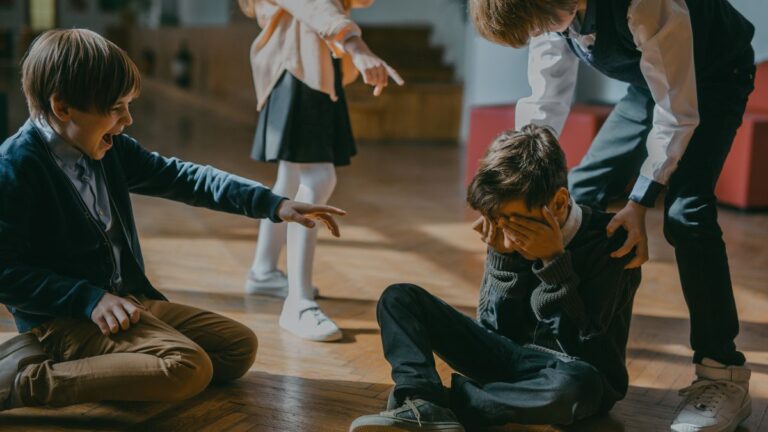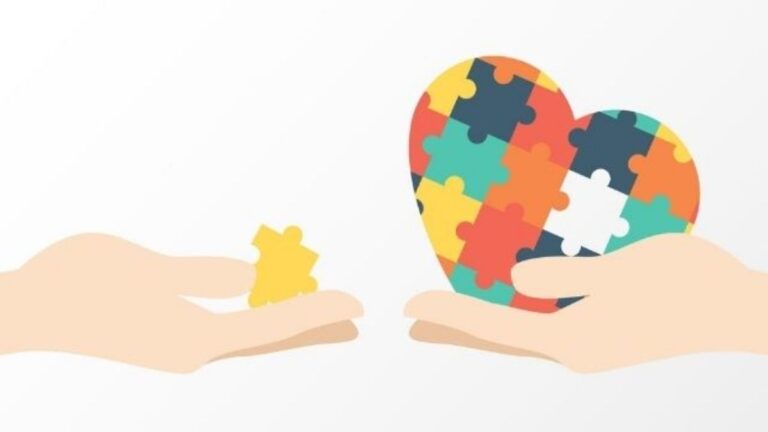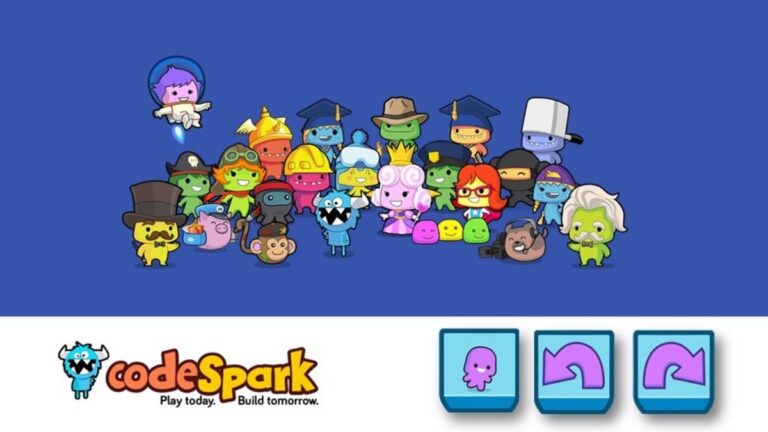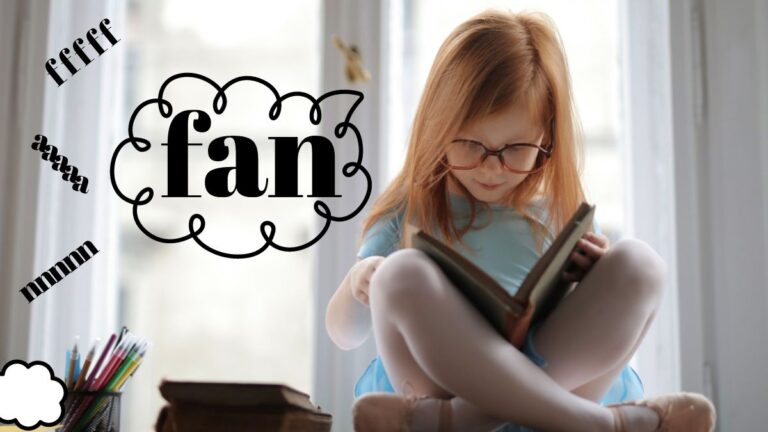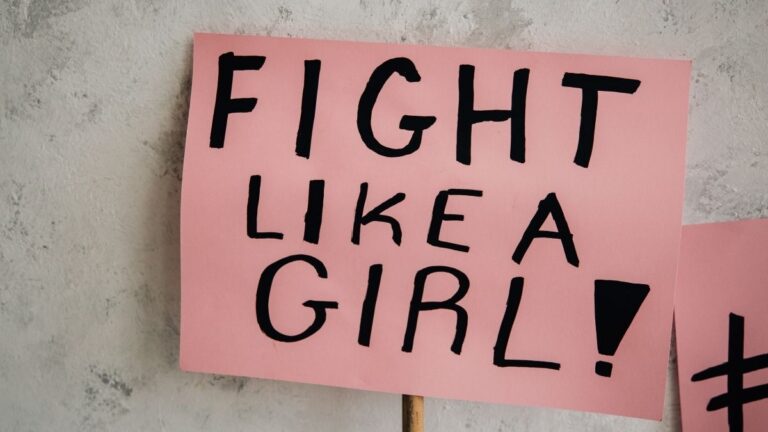The Schadenfreude Effect in Parenthood
The other day at the grocery store, my daughter Lyra was growing fussy as we stood in line for checkout. She’d just spent over an hour playing with her friend in the hot sun and was teething. She’s also a year old. Fussiness is understandable. It’s expected.

I readjusted my hold on her and gave her something from the cart to play with. She calmed down. But the woman next to me had been watching and when I met her gaze, she gave me a knowing eye roll and said, “Just wait until she’s twenty.”
I have been hearing some version of that from other mothers since I was pregnant. Friends, family, and complete strangers deliver negative premonitions disguised as commiseration. It’s so close to empathy, but it’s dripping with hostility. This is what I’m talking about: The schadenfreude effect.
You think it’s bad now? Oh, just you wait…
As soon as she can get into things, she’s going to break everything.
Say goodbye to your freedom.
Enjoy her now. It’s just going to get worse.
The comments, while negative in nature, are always delivered with a smile. I’m left bemusedly wondering if I should laugh or look terrified. But the expectations are clear – I should be grateful for the vague warnings of future despair.
In defense of my “well-wishers,” I’m sure I have an unpleasant look when I’m managing an overtired toddler, but projecting their own miserable parenthood onto me is getting old very fast. Even on her worst days, when we’re in the store creating a scene, my daughter is the coolest person in my life. She will continue to be awesome when she’s 2, 3, 4 … etc. And she will for sure be awesome when she’s twenty.
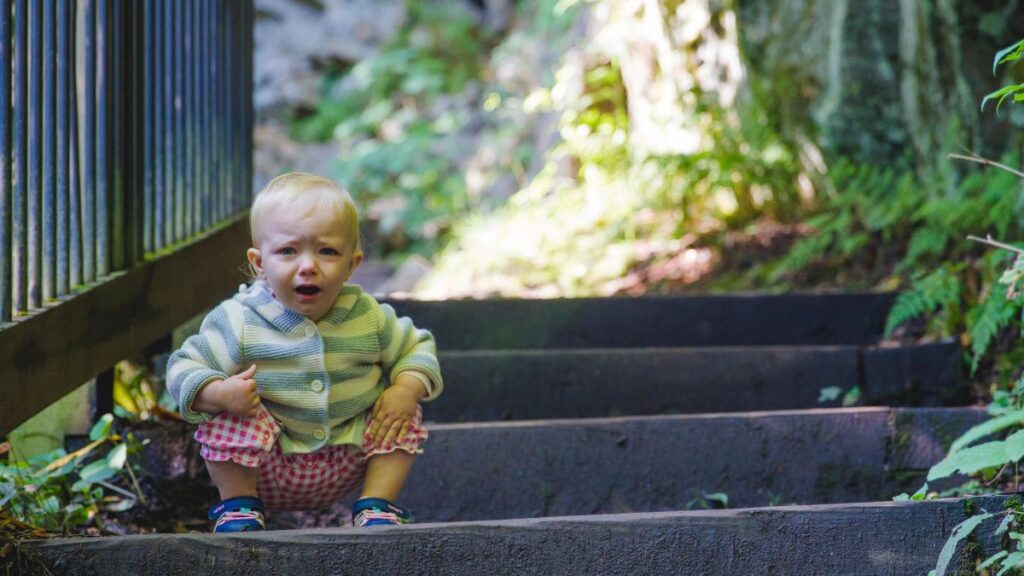
When Lyra is being disruptive in a public place, though, the last thing I want to do is feel forced into an awkward smile when some random passerby makes a joke at our expense. “As soon as she starts talking, she’ll start talking back,” they say with a wink.
In response to the stream of unsolicited negativity, I want to issue a plea to parents: Can we stop treating our challenging experiences as ammunition for attacking the next generation?
I’m not without blame here. As abashed as I am to admit it, I resent the picture-perfect mothers I follow on social media. (Shame on me for believing the life they present to their virtual followers.) And in moments of thoughtlessness, I’ll take satisfaction in seeing another parent struggling in public. Watching them work through those difficult moments shows that I’m not alone. I’m not the only one who’s still figuring this parenting thing out.
Then I remind myself of all the times I could’ve used a stranger’s kindness but got a snarky remark instead. Those experiences are the impetus that drives me to reach out to parents burdened with a screaming child, a whimpering baby, or arms too full to manage at that very moment.
Raising children is hard work. But it can be easier and more rewarding with helping hands and kind words. Instead of passing on warnings to struggling parents, try offering your time and understanding. Let us try and get rid of the schadenfreude effect in parenting. It can make a big difference.
- The Schadenfreude Effect in Parenthood - September 5, 2022

